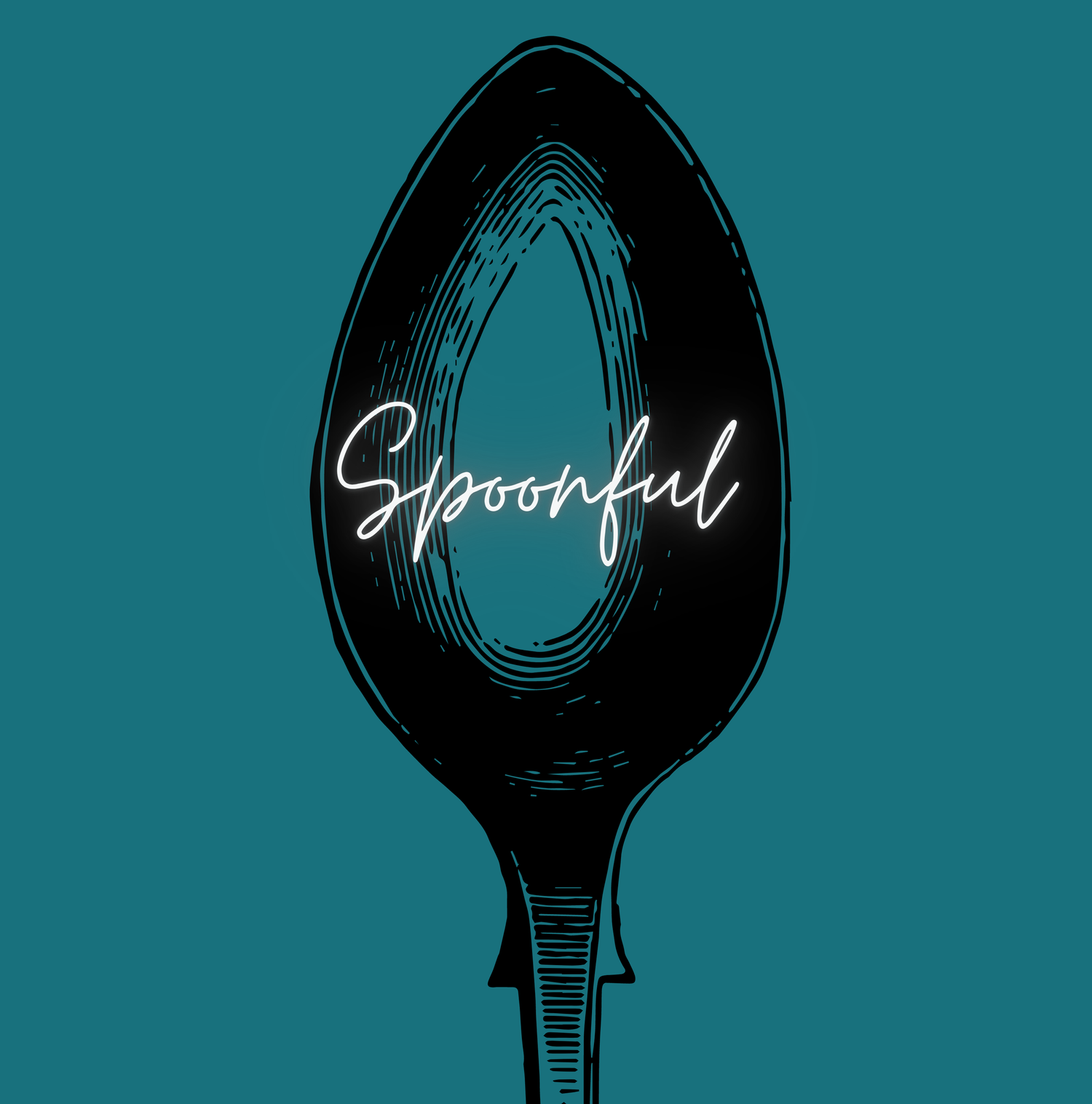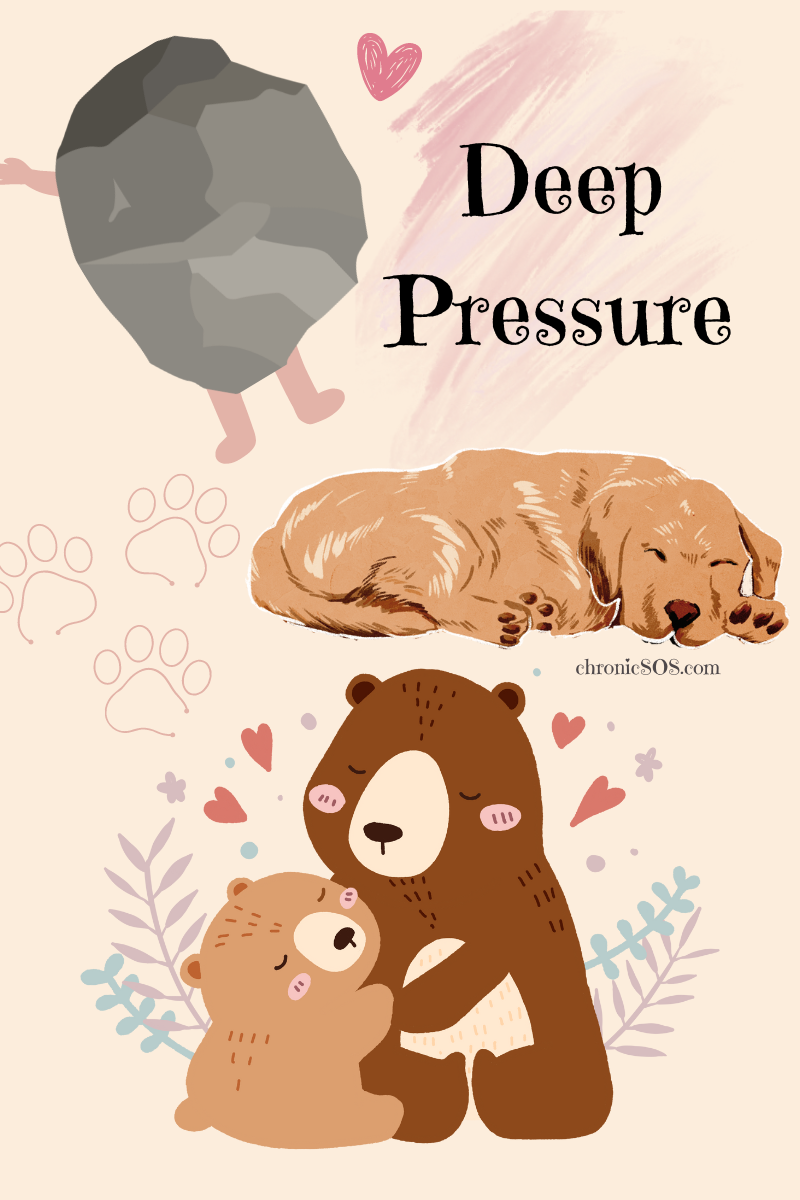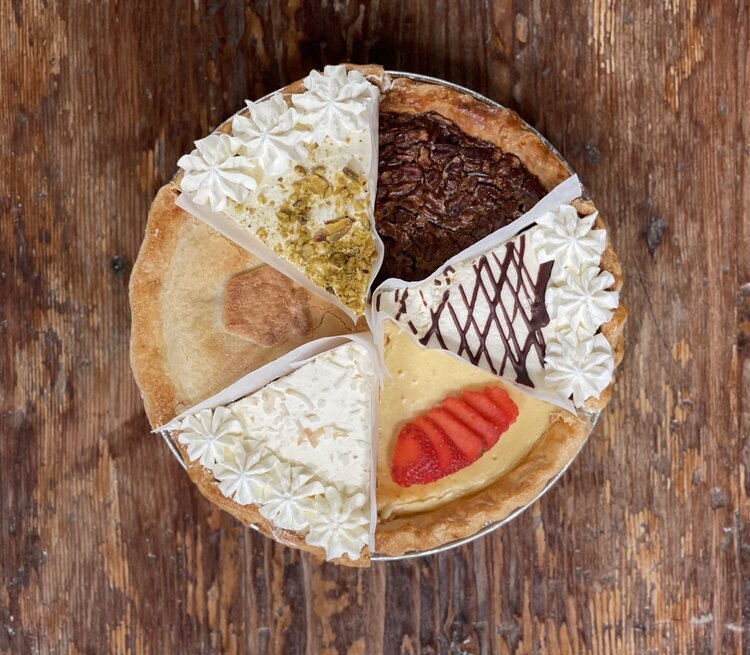Neurodivergent Love Languages
Most people know about the 5 basic love languages: quality time, acts of service, physical touch, receiving gifts, and words of affirmation; these are the 5 ways that Dr. Chapman characterizes how people show affection. He outlined what these mean and the importance of someone knowing what their primary love language is in his book, "The Five Love Languages: How to Express Heartfelt Commitment to Your Mate".
But, did you know that neurodivergent people have additional love languages?
Of course, "neurodivergence" is a broad umbrella term, so these aren't rigid (though neither are the basic 5). While these aren't official, it is another pattern in human behavior; it's really helpful to learn how neurodivergent people communicate and show affection that may differ from the general ways. I definitely do a few of these and know people who do these as well!
Infodumping
This entire blog is probably a good example of this.
Basically, this is just a random burst of sharing a lot of information - often on a topic that the person(s) really like. Sometimes this can be confused for unsolicited advice or "showing out", when it's really not intended as advice or bragging - just shared because the brain thinks that the person would enjoy the little trivia. I have to hold back on this sometimes because I don't want it to be perceived as unsolicited advice (which I also hate) or because not everyone wants to read about science at 6pm on a Saturday.
Several different friends have nicknamed me, "Professor", for my tendency to info-dump - but plenty of them are guilty of info-dumping about movies and arts.
You know who you are.
Need a place to info-dump? Leave it in the comments!
Pebbling
When penguins want to impress another penguin, they'll bring them pebbles for their nest. The more pebbles and the smoother and nicer they are, the better
As penguins do with pebbles for mates, many neurodivergent people give "pebbles" to show affection. This differs from the "gifting" love language because of the types of gifts. A person whose primary love language is "gifting" may give flowers, chocolates, or other common gifts; a "pebbler" will give more random things that they think someone would like.
In the age of technology and social media, this often means sending memes, videos, and music videos they think the other person would like. I have a lot of DMs that are just sending each other memes and tiktoks - more than I would like to admit (a hefty amount when I have insomnia or are bored).
Trust me - there are MANY more
Some people seem to take it more literally and will give friends pebbles, crystals, and cool rocks they found. My Uncle Ben always wore pants and jackets with large pockets when we went on walks: he needed room for all the cool rocks I found to give him!
Parallel Play
This ND love language is perfect for the quiet ones: sharing a space, but each doing your own, separate things. It can be a good way to have quality time without having a set activity or having a relaxing "lazy Sunday." @neurowonderful summarizes it the best - "being alone together."
Though this is a "neurodivergent love language", it's also a good thing for everyone to do if they live with someone else.
Deep Pressure
If you love weighted blankets, this is probably your love language! This is a twist on the "physical touch" love language, but specifically physical touch that provides deep pressure - firm, gentle squeezing with more weight/pressure applied. Therapy dogs, emotional support animals, and service dogs are often trained to perform deep pressure therapy, often in cases where someone has anxiety.
The consistent pressure helps to calm the nervous system by switching it from "fight or flight" mode to "rest and digest" mode. Anxiety happens when the sympathetic nervous system is activated and causes the feelings of nervousness, danger, and stress. Running on the adrenaline from the SNS for a prolonged time can lead to all kinds of issues - digestive issues, tachycardia, worsening stress, and more!
For many reasons, it's good to deactivate this "mode", and deep pressure therapy is a great way to do it! I like to think of it as my nerves getting something to focus on (deep pressure) instead of random, chaotic signals. This "flips on" the parasympathetic nervous system (PSNS) to release happy, relaxing neurotransmitters: dopamine, serotonin; and the "sleepy hormone", melatonin. The PSNS is comprised of a lot of nerves throughout the body - cranial nerves, peripheral nerves, spinal cords, and more. Because of the large assortment of nerves, this provides a feeling of full body relaxation.
It's a tiring job
I trained JD to provide deep pressure therapy for panic attacks and episodes of PTSD. If I begin having a panic attack, flashbacks, or nightmares, he crawls on the bed or couch with me and leans against my legs and puts his head in my lap and demands that I pet his head until I calm down. Prior to my injuries, he'd crawl on my torso as well, but we changed to legs and lap only.
Support Swapping
This is one that I think should be widely adapted, yet sometimes is the one that's the least familiar. Support swapping is simply one person doing something for a friend and the friend doing something for them. Often, one person does something the other isn't as good at and vice versa.
In my friend groups, I'm often the "researcher" and organized one; I'll do the tasks that involve my strengths and in return, my friends will do what I'm not as good at (often involves reaching high shelves). It's honestly a great way to help a community - people's strengths are used and appreciated and their weaknesses are taken care of. It's a good reciprocal system!
Final Thoughts
Though none of these love languages are "official", I've found learning about them to be beneficial for my relationships and understanding my loved ones more. Everyone has a blend of them and often have a "primary" one - almost like a pie of assorted flavors.
What "pie" do you give to your friends? What "pie" do you want from them?











